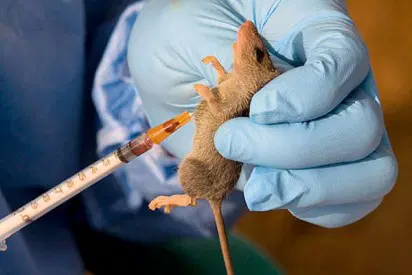The Nigeria Centre for Disease Control and Prevention, NCDC, has confirmed a total of 168 deaths, including 17 probable, due to Lassa fever between January and August 2024.
This represents a case fatality rate of 17.1 percent out of the 7,973 suspected cases reported across 127 local government areas in 28 states.
In its latest update, the agency revealed that 982 Lassa fever cases were confirmed during this period even as it noted that 34 healthcare workers have been affected by the disease.
Highlighting the agency’s Lassa fever response efforts, the Director General of the NCDC, Dr. Jide Idris, outlined the response activities which he said include conducting the 2024 National Lassa Fever After Action Review workshop, hosting multisectoral Lassa Fever webinar series, and participating in the Lassa Fever Taskforce Secretariat Meeting with the Coalition for Epidemic Preparedness Innovations, CEPI.
As part of measures to secure necessary political and financial support, Idris noted that the NCDC had engaged in high-level advocacy with governors’ and Commissioners’ Forums, even as the agency was committed to ensuring adequate resources for outbreak response.
Further, as part of its action plan, the agency was stepping up risk communication and community engagement interventions, including broadcasting key prevention messages in local languages on radio and TV stations from September, sustaining the narrative throughout the peak season.
Additionally, the NCDC is supporting states to conduct operational readiness assessments one month before the outbreak season.
To reduce the rodent population, the agency was implementing environmental sanitation and deratization exercises in five hotspot states, aiming to achieve a significant reduction by October 2024.
The NCDC is implementing strategies to strengthen its response to Lassa fever outbreaks through early deployment of the National Rapid Response Team to support preparedness activities and responses.
Also, from October onwards, the NCDC will deploy surge staff, including clinicians, laboratorians, IPC specialists, and contact tracers, to sustain interventions throughout the outbreak season.


